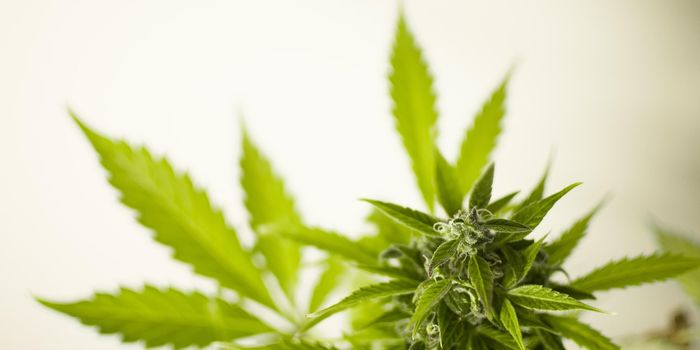Flying off the Shelves: Legal Marijuana Dispensaries are Running Out of Stock
After only a month into the ban on recreational weed was lifted Canada's marijuana businesses hit a little speed-bump. Essentially, they soon were having shortage problems and had little product on hand to sell. Many store owners were under-prepared for this situation. "Everybody knew this was going to happen," says James Burns, the CEO of Alcanna, a company that owns cannabis stores in the province of Alberta. He continues, "Probably, frankly, not this quick and this starkly." A report released in early October by the CD Howe Institute, a Toronto-based economic think tank, estimates that the current legal supply will meet about 30% to 60% of total demand in the first months of legalization.
Photo Source: UnSplash.com
So how did this happen? Yes, it is a growing industry and may not have the capacity to fill large quantity orders like Budweiser, but the rate of the shortage is still more than the industry had prepared for. They may have misread the needs of the market. According to John Matheson, a resident recreational user, “... this a complete failure of the [industry management] ...They’ve known for some time that there was going to be some demand for this and to run out after one day in business is a complete sign of incompetence.”
The Canadian Government could also be at fault. Licenses to cultivation marijuana are granted by Health Canada. The regulatory agency had a backlog of more than 500 cultivation applications that had been overlooked. Even more frustrating, Health Canada not only issues cultivation licenses, but it also issues sales licenses As can be expected, this process has also run into delays as well.
While this has caused frustrations in countless recreational users, these delays and shortages have implications for public health. These shortages and delays could lead to turning to the black market. With people going to the black market, not only does Canada miss out on the tax revenue, but it also brings up the old risks that come with buying from unlicensed dealers. These business and regulatory 'hic-ups' are actually working against the aim of the ban on prohibition.

Photo Source: UnSplash.com
These policies are social experiments. They are sites that will determine the shape of the future marijuana landscape. The U.S. Federal Government, large corporations, and the stock market all have a stake in this great public health experiment. If the industry cannot get its act together that landscape may not be so pretty for those purveyors and the consumers of marijuana.
Sources: www.bbc.co.uk, CD Howe Institution, www.RollingStone.com, The Motely Fool LLC









